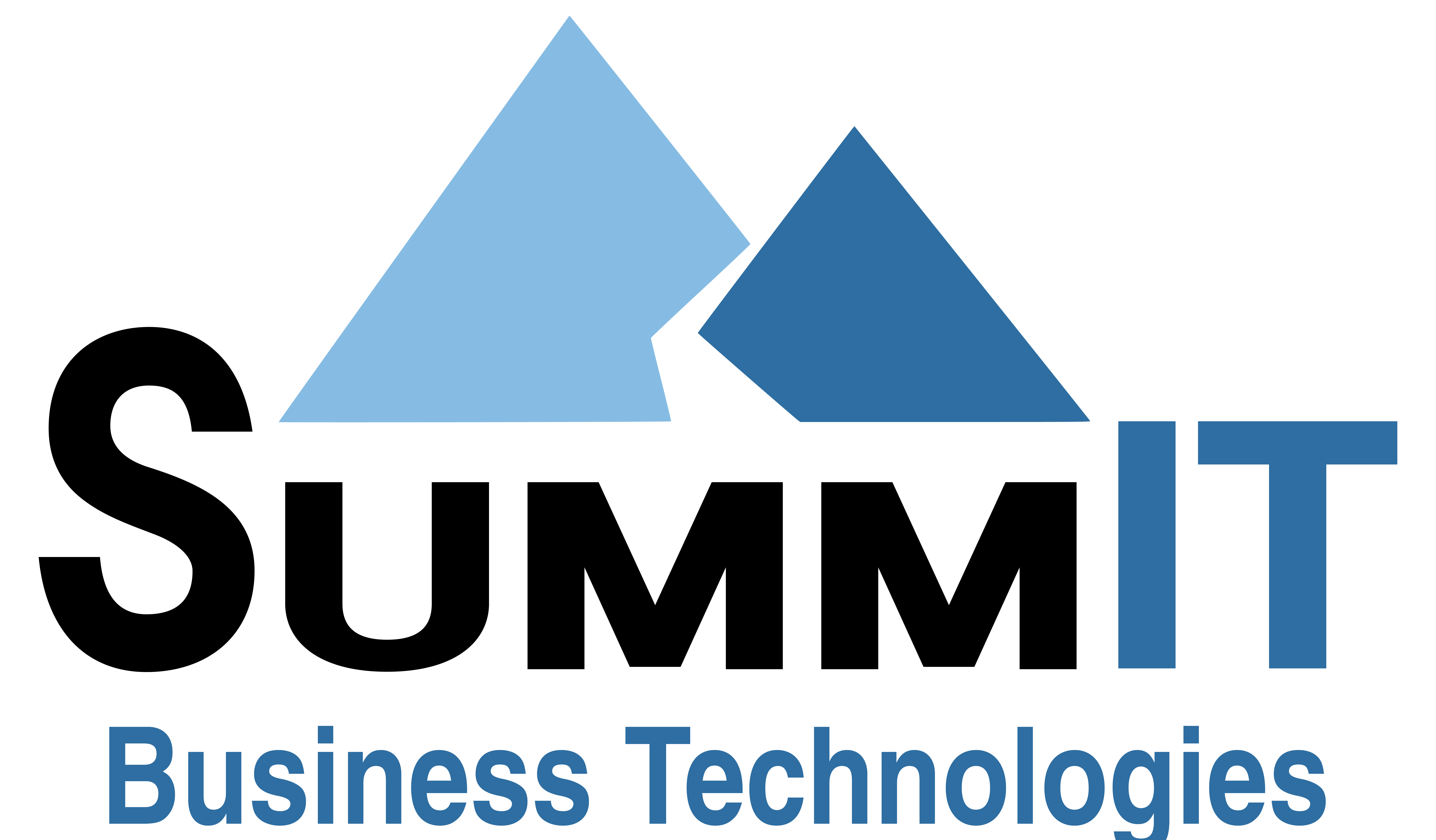As we make our way through the summer and into the final quarters of the year, you might be looking at all the IT projects you have left to tackle and figuring out how to make your IT budget dollars go farther. In Maryland, that opportunity exists through the Cyber Tax Credit, with the added benefit of enhanced cybersecurity.
It’s a win-win scenario.
Maryland’s General Assembly made available tax credits as an incentive to help small employers reduce their vulnerability to a cyberattack and to promote the purchase of cybersecurity technologies and services from qualified companies in the state. And with good reason. Nationally, 75% of small businesses experienced at least one cyberattack in the past year, and 60% of those that fall victim to a cyberattack go out of business within six months. The impact is significant—cybercrime costs small and medium-sized businesses more than $2.2 million annually.
Criminals know that many small businesses don’t always have the budget or infrastructure to protect sensitive client data and their own intellectual property. This makes them an appealing and lucrative target.
What the law sets forth
First, the law empowers IT security companies to become Qualified Sellers of cybersecurity technologies and services. Maryland’s Department of Commerce just certified Summit Business Technologies as one of 13 Qualified Sellers around the state.
Second, companies in Maryland who file taxes in the state are eligible for tax credits on the purchase of cybersecurity services and technologies. A company must employ fewer than 50 employees to qualify.
Lastly there are some restrictions on what purchases qualify as eligible for the tax credit. The law requires that the purchases of cybersecurity tools and services must be designed to detect and prevent:
- Unauthorized access to information systems, stored data, and information, and the transfer of data and information;
- Data exfiltration or extrusion; or
- Manipulation or impairment to the integrity, confidentiality, or availability of data and information stored or transferred by an information system.
If you would like to discuss what types of products and services these are please click here to schedule a time to talk!
Tax Credit Availability
Given that the bill became law in May 2018, a total of $2,000,000 was allocated in 2018 and in 2019, that amount jumped to $4,000,000 remaining as such this year as well. Once the tax credits are depleted for any one year, a qualifying company must wait until next year.
The maximum tax credit for a qualifying company is 50% of the net purchase price up to a maximum of $50,000 for one tax year. That means you can potentially take a tax credit for up to $100,000 in cybersecurity technologies and services in a single year. Don’t let that number scare you though, as any qualifying purchase will follow the same guidelines, so spending $10,000 on cybersecurity upgrades would provide a tax credit of $5,000. In short, qualified companies can buy cybersecurity for half the price.
Time is of the Essence
The adage, “the early bird gets the worm” applies here. Tax credits will be awarded on a first come, first served basis. The sooner you act, the higher the likelihood that funding will still be available. Companies must submit the application with a copy of the invoice for the cybersecurity technology or service and proof of purchase.
Even without a tax credit, improving your cybersecurity still pays dividends in reducing the risk, business disruption, and potential liability from a breach. No amount of tax credits can compensate for that scenario.
How can Summit help?
Summit is eager to work with small businesses across the state to determine the best options to enhance their cybersecurity. With the company’s 40 plus years of experience in cybersecurity industry, paired with our engineer’s experience across multiple industries including the DoD, Education and financial institutions, we can provide you with the right guidance to properly secure your company based on your industry needs.
As always, when it comes to tax implications, it is important to first consult your company’s tax specialists and attorneys to make sure all the details that need to be addressed are covered.
When you are ready to start, Summit can help you not only provide you with a list of security gaps, complete the work to remediate found gaps, and help you apply for the tax credits when the time comes. For your convenience, we have included the cyber tax credits application at this link. Don’t let this opportunity slip by.






